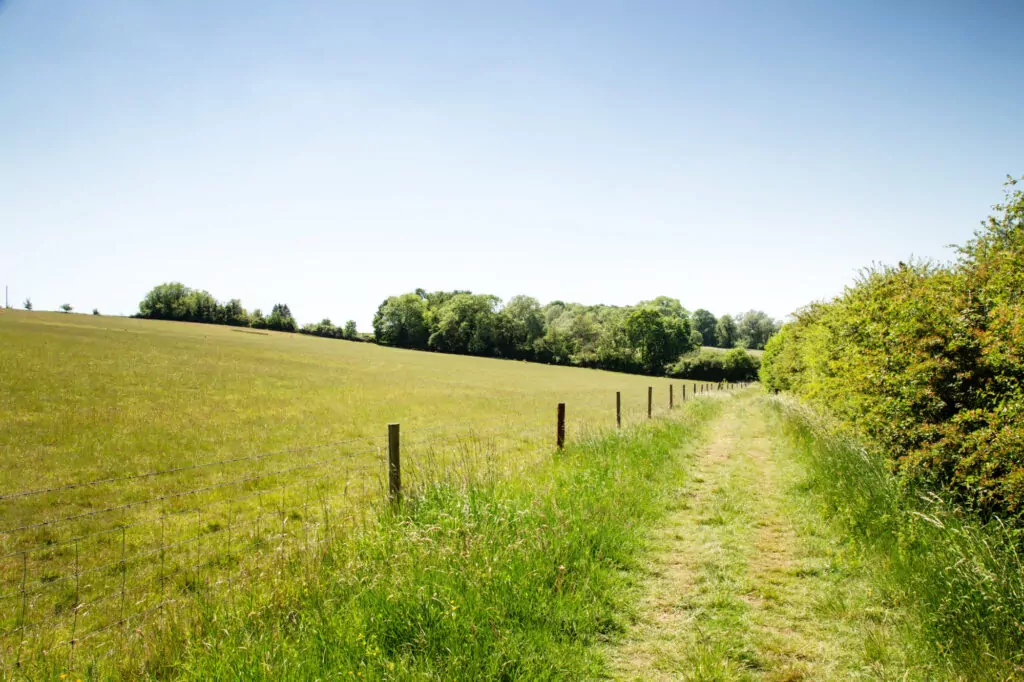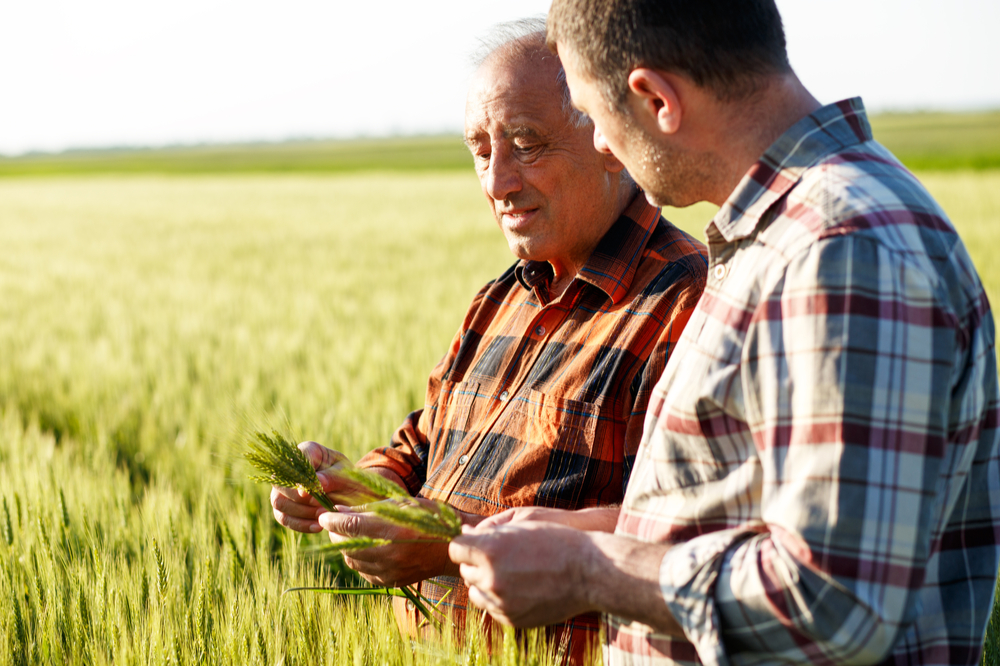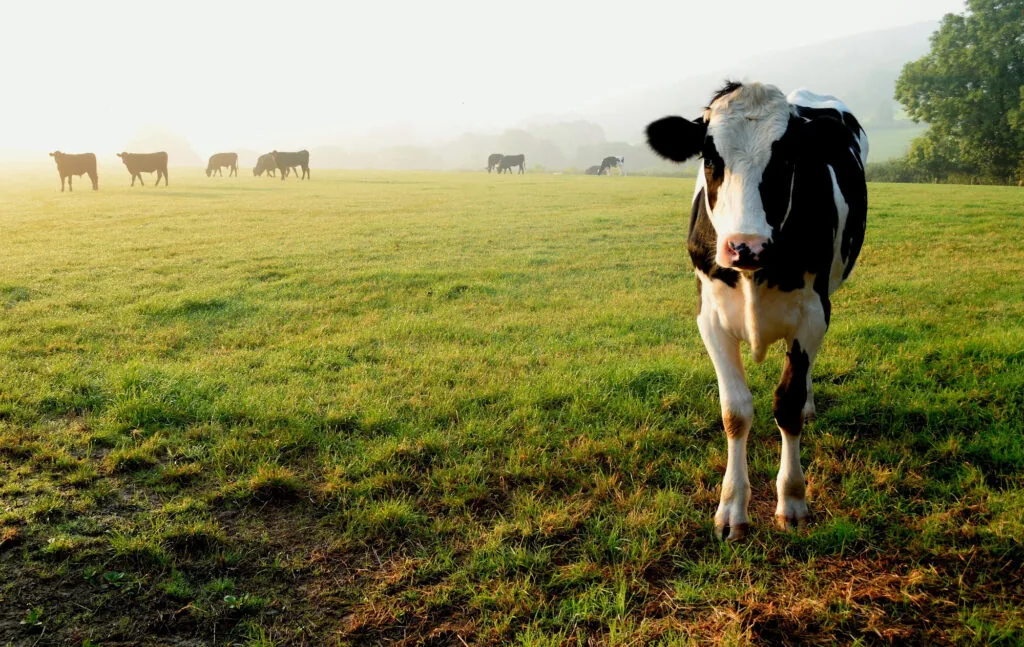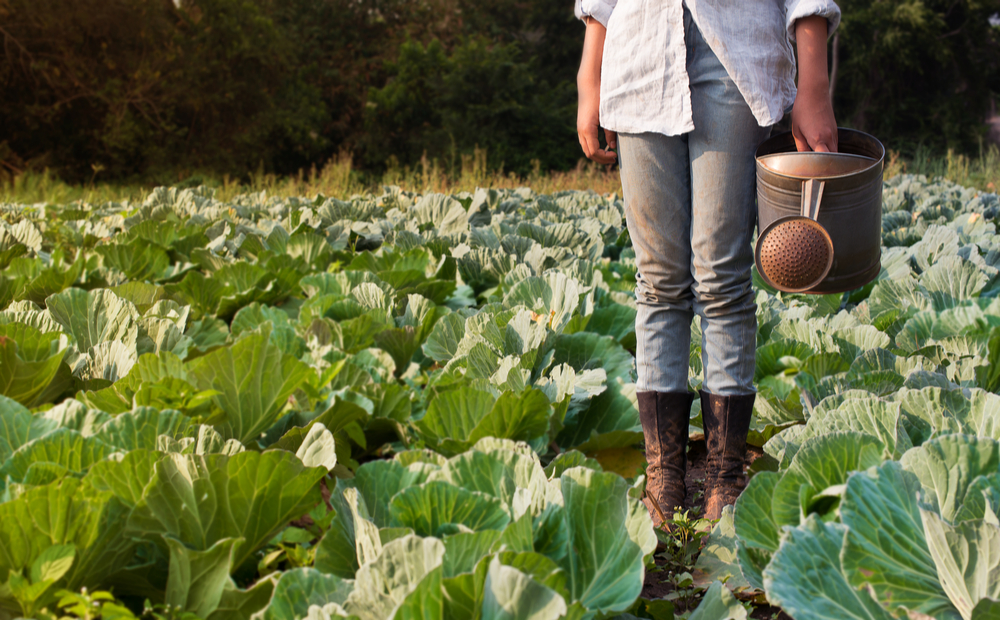
Landlords and Tenants collaborating in the new world

By Danielle Spalding, Edward Venmore
20 Jul 2022 | 2 minute read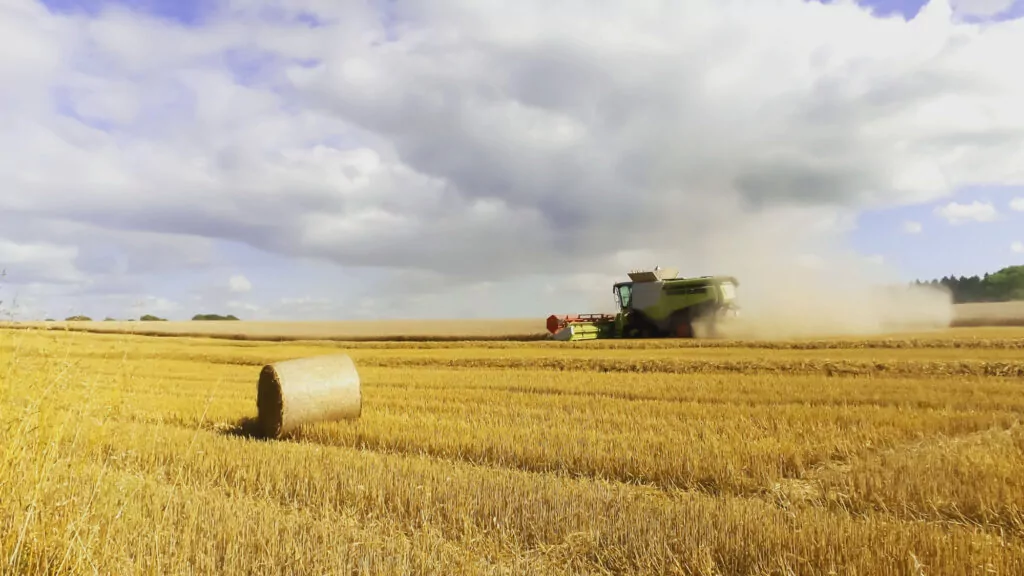
Against a backdrop of changing practices, rising prices and new subsidy regimes it is more important than ever to maintain a good working relationship with your landlord, or tenant.
The Government's policies on agriculture have been changing in recent years, with a shift away from payment for land ownership and food production towards rewarding different types of land management and a wider concept of public good. Much of the mechanics of the new schemes are still to come from Whitehall. When it does, it will start a lot of conversations about land use, ownership and diversification. An open mindset and willingness to engage will enable both landlords and tenants to maximise the benefit from new regimes.
On our latest episode of Experts in the Field from our Farms, Estates and Rural Land team, Matt Brown from Savills joins partner Edward Venmore and Managing Associate Danielle Spalding to discuss some of the points both parties will want to bear in mind. This is a short summary of some pointers from the podcast but do listen for the full discussion.
- As a first step, it is crucial to understand what type of tenancy you have, and whether there is any written record of it. It is possible for agreements to be made year-on-year without the parties documenting the relationship but the rights and obligations for both landlords and tenants are different depending on whether the tenancy is an Agricultural Holdings Act tenancy or a Farming Business Tenancy. Most people will be aware of the two types but if you at all unclear of your own arrangements we recommend speaking to your agent before you approach your landowner or tenant. Ultimately, if you do not have a written agreement, the courts will determine a dispute on implied grounds which may be less favourable.
- If you have a clear written agreement, invest some time in reading the lease before starting discussions. Taking the time to do this at the outset is a good investment. It can help prevent misunderstandings about who is responsible for what, which in turn means parties are less likely to undertake unnecessary works or accidentally ignore an obligation.
- It is important to try and keep an open mind during any negotiations. Before starting discussions, think through what you need to ask for in practical terms, and be prepared to listen to the pressures on the other party. You may need to let one point go for the sake of another. Also be prepared with alternatives that work for you – even if you never use your 'Plan B', having one can help with negotiations.
Between supply issues, price increases and changing subsidies, the relationships with your landlord or tenant are even more key than before. Our podcast Experts in the Field explores some of the areas which typically cause friction and some tried and tested ways of resolving differences, and our Farms, Estates and Rural Land team can provide advice and input on updating agreements or resolving disputes.





